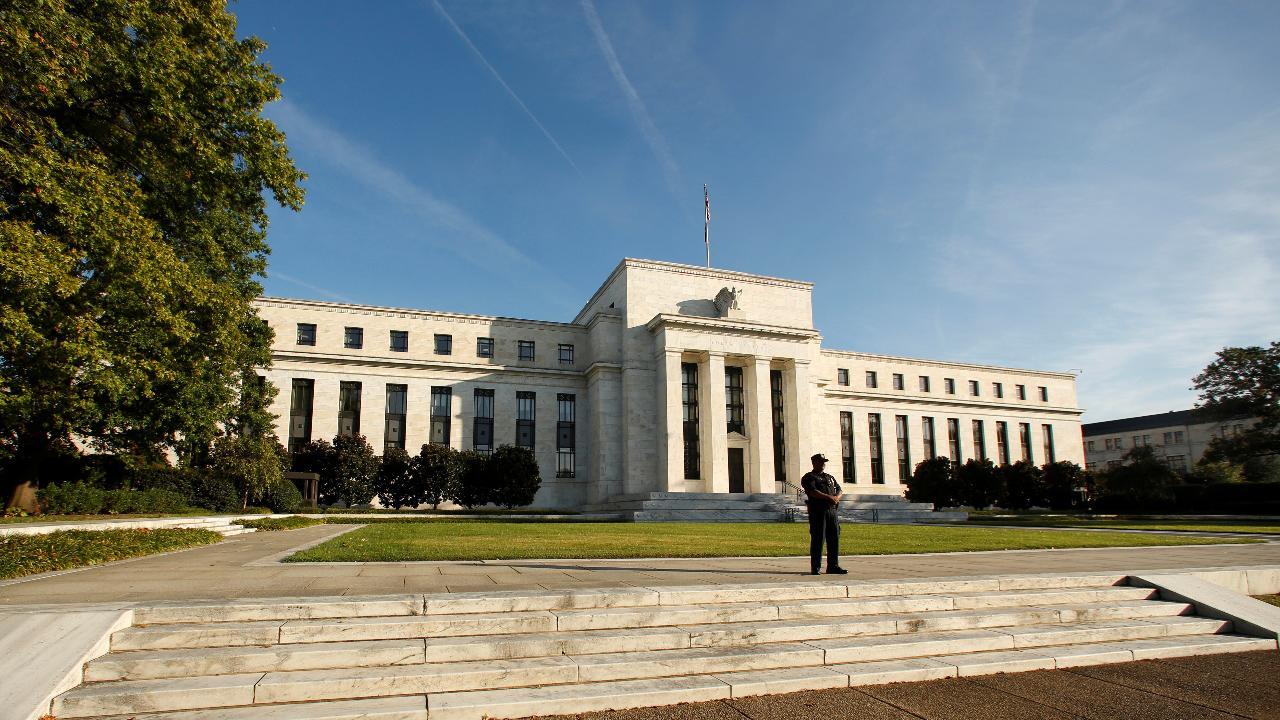Fed's Bullard argues interest rate cut is 'insurance' against rising risks
Fed is concerned over what happens with tariffs, trade protection: Dennis Gartman
The Gartman Letter Publisher Dennis Gartman on the outlook for Federal Reserve policy.
This week, the Federal Reserve voted almost unanimously to leave interest rates unchanged with the exception of one voting member: James Bullard, the president of the Federal Reserve Bank of St. Louis.
Bullard advocated for a rate cut during the U.S. central bank’s June meeting, although the Federal Open Market Committee ultimately held its target rate range steady between 2.25 percent and 2.50 percent.
"Lowering the target range for the federal funds rate at this time would provide insurance against further declines in expected inflation and a slowing economy subject to elevated downside risks," he said in a note Friday morning in which he explained his decision.
"Even if a sharper-than-expected slowdown does not materialize, a rate cut would help promote a more rapid return of inflation and inflation expectations to target."
Bullard’s dissent was not unexpected; at the beginning of June, he had suggested the Fed needed to cut rates due to muted inflation, the inverted yield curve and ongoing uncertainty about global trade disputes.
Inflation has indeed remained well-below the Fed’s preferred target range of 2 percent. The PCE inflation -- the Fed’s preferred measure -- rose a seasonally adjusted 0.31 percent in April from March and 1.5 percent from a year earlier.
"The forces that are keeping inflation below target seem unlikely to be solely transitory," Bullard said.
However, Bullard isn’t alone in his dovish policy stance. According to a "dot plot" of FOMC members' expectations, seven other members favor one rate cut this year (compared to eight who prefer for rates to stay unchanged; and one who wants a rate hike).
Minneapolis Federal Reserve President Neel Kashkari -- who is not a voting member of the 10-person FOMC this year -- said on Friday that he argued during the meeting for a 50 basis point cut to deal with falling inflation.
CLICK HERE TO GET THE FOX BUSINESS APP
"I believe an aggressive policy action such as this is required to re-anchor inflation expectations at our target," he said in a statement.





















